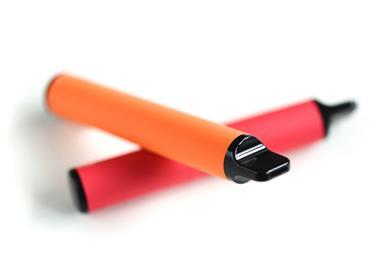First, despite the government promises, they haven't actually reviewed the legislation, only delayed it. The official document states: "The plan confirms action to end eye-catching tobacco displays in shops which encourage young people to start smoking", despite no actual evidence being put forward to support this view.
Which takes me on to the second irritating aspect of this whole saga. Health professionals, who presumably have a scientific training, appear comfortable in stating that this measure will prevent young people starting to smoke, without any scientific proof. Marketing is a factor, their argument goes, and a display of packs is a form of marketing. Therefore covering the display will stop some people smoking. QED.
From C-Store's view the argument is simply a cost/benefit one, in that the display ban will cost millions, but benefit no one. If you believe otherwise, fair enough, but I still think you need to prove it before you ask someone else to foot the bill, and nobody has.
But at least the cost of compliance is now lower. Small stores have longer to adapt, and there is a greater interval between the start date for small stores and large stores. And, because of pressure from the trade, the display and restocking restrictions are now more sensible. So it's time for us all to stop campaigning about the outcome and start planning for the future instead.
One final point about this. On the same day as the government confirmed the display ban on National No Smoking Day supermodel Kate Moss strolled down the catwalk at Paris Fashion Week defiantly smoking a cigarette. And we can all guess which of these actions is going to have the biggest influence on young people.
So what's the answer? Prohibit fashion shows? Cover up Kate Moss? That would be a shame, but it makes about as much sense as the retail display ban.
The National Lottery Commission (NLC) has added to the regulatory blindness by once again rebuffing Camelot's bid to offer additional commercial services.
The NLC's role is to regulate the National Lottery not the commercial services market as a whole, but this outcome makes still them look like fools, because it implies that while it is perfectly OK for a bill payment operator to sell lottery tickets, it is potentially illegal for a lottery operator to provide a bill payment service.
All in all, it's not been a good couple of weeks for regulators, or for common sense.





















No comments yet